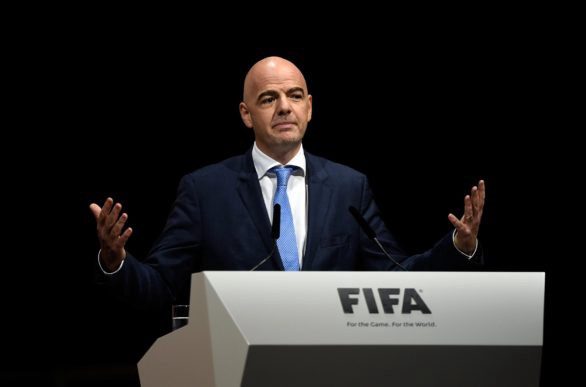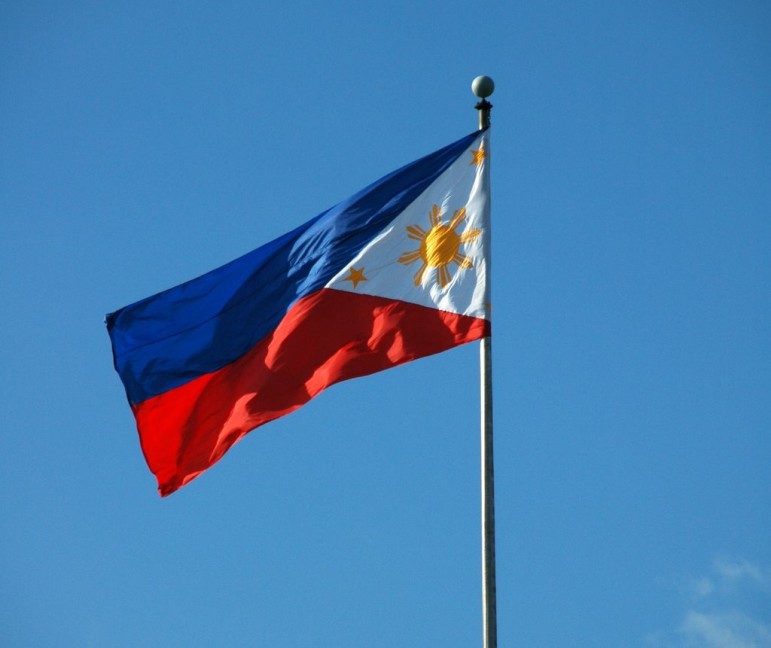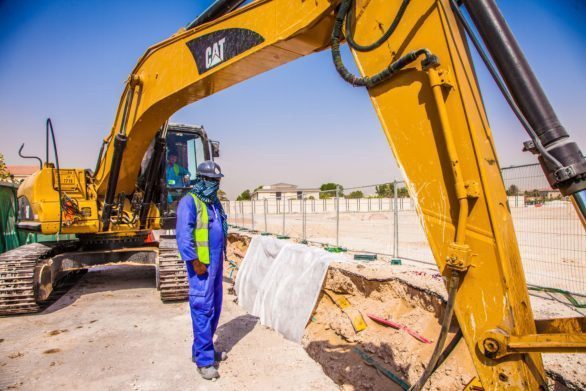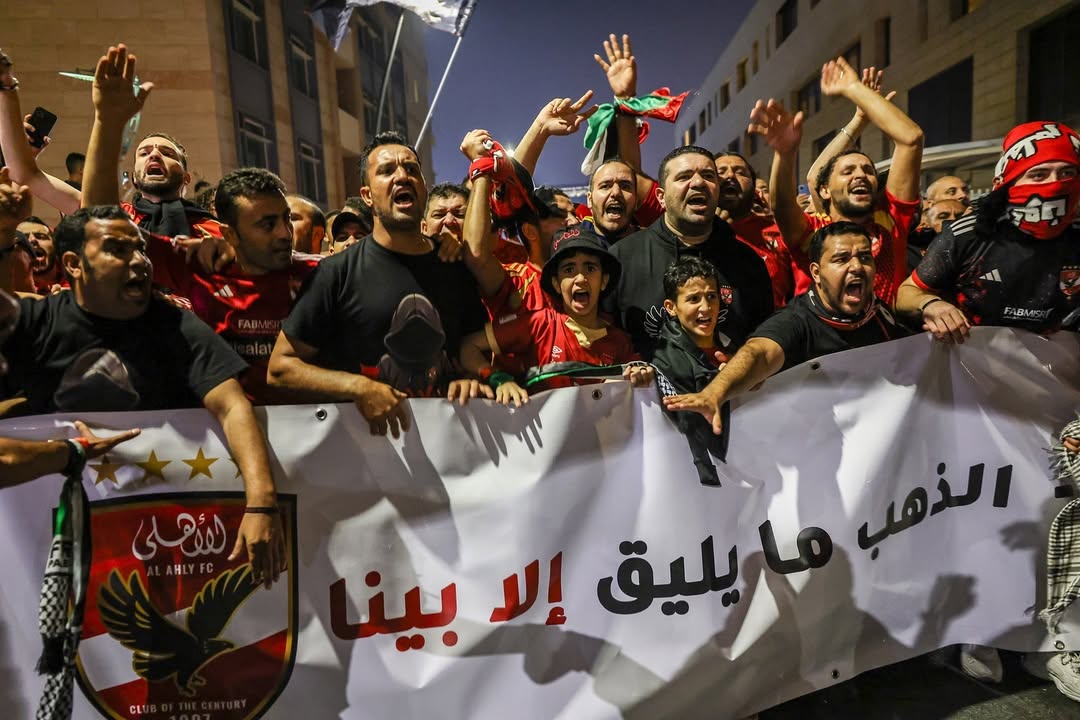
Qatar is not in danger of losing hosting rights to the 2022 World Cup over the ongoing Gulf crisis, the head of FIFA has said.
The vote of confidence comes as Qatar faces an economic and diplomatic boycott from some of its neighbors.
As the dispute enters its second week, there are serious concerns about how the row will affect the import of labor and raw materials into the country.

However, speaking to Swiss media this week, FIFA President Gianni Infantino pointed out that the tournament is still five years away. And diplomatic relations should be back to normal by the time 2022 rolls around.
According to AFP, Infantino added that he was happy to help in any way to resolve the crisis.
But “the essential role of FIFA, as I understand it, is to deal with football and not to interfere in geopolitics,” he said.
Construction delays
Saudi Arabia, Egypt, the UAE and Bahrain closed their land, sea and air borders to Qatar a week ago.
Since then, authorities have been working with new food suppliers to ensure residents experience no shortages.
Mwani Qatar, which operates Hamad Port, has also announced a direct service to Sohar Port in Oman to help bring imports in.
#MwaniQatar announces the launch of two new direct services between #HamadPort and #SoharPort as well as #SalalahPort, Oman pic.twitter.com/nxtmBbsons
— Mwani Qatar (@MwaniQtr) June 11, 2017
However, the new border controls along with travel restrictions have many people concerned about whether Qatar will meet its tight construction deadlines ahead of 2022.
Speaking to the Telegraph, a construction economist said the new Gulf dispute “could not have come at a worse time” for Qatar.
Graham Robinson, director of economic forecasting firm Global Construction Perspectives, said that the sheer number of canceled flights from the Gulf to Doha could “acutely affect labor supply.”

This is already the case for some Indian workers who had plans to head to Qatar, according to local media reports.
The uncertainty has also worried some nations. The Philippines for example temporarily banned its citizens from working in Qatar last week. After an outcry from its own citizens however, it quickly scaled back the rule.
Force majeure
Construction costs could also go up in the coming weeks, pushing back deadlines, according to Robinson.

He said:
“There is the potential for significant disruption and also massive cost overruns as getting construction materials into Qatar to build stadiums may yet prove more difficult, time consuming and costly.”
Legally speaking, some contractors are already talking about invoking force majeure clauses to protect their businesses if they can’t deliver on projects.
But for now, FIFA said it is not worried about missed deadlines. Officials will remain in “regular contact” with Qatar authorities to monitor the situation, Infantino said.
Thoughts?






